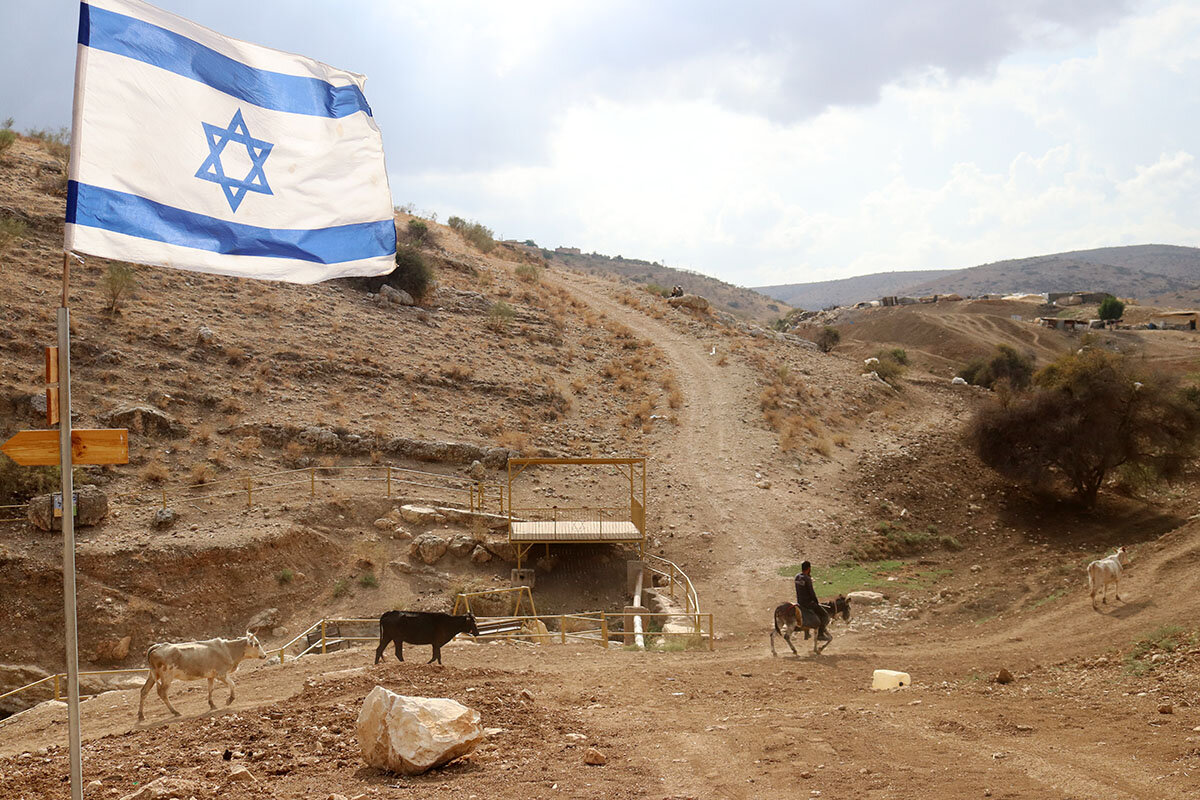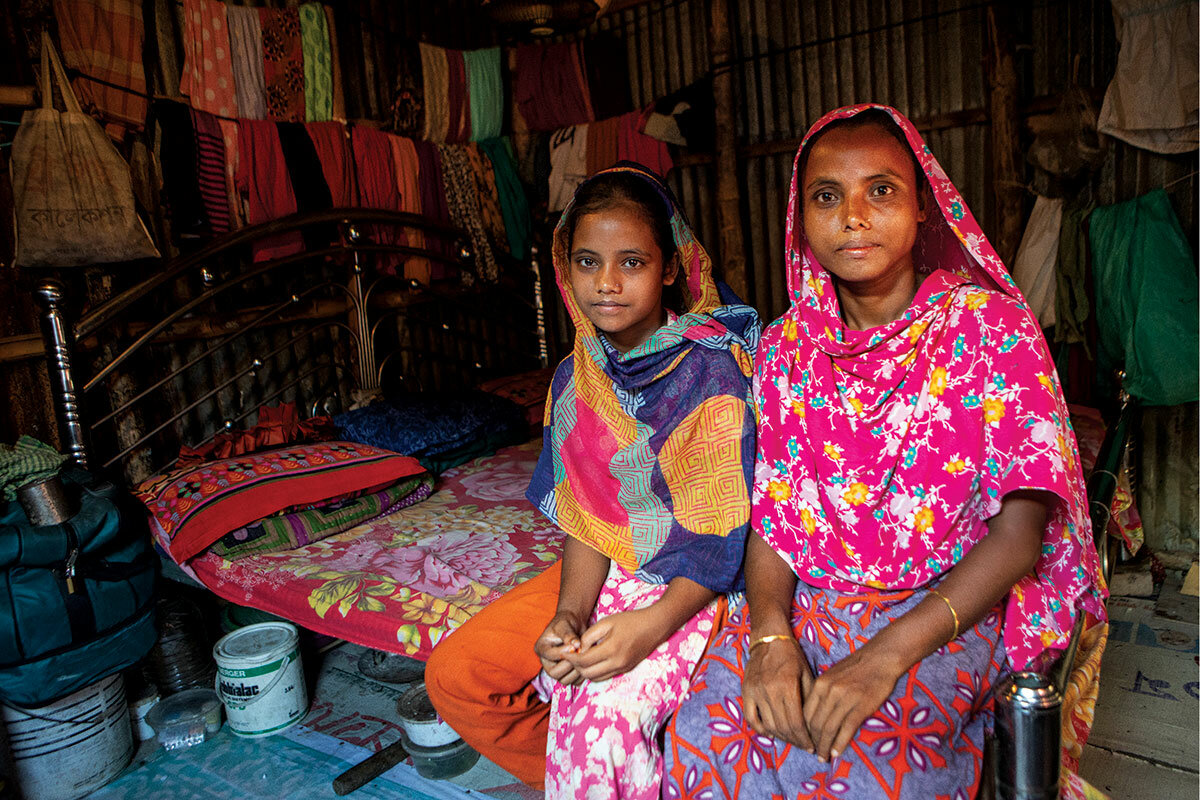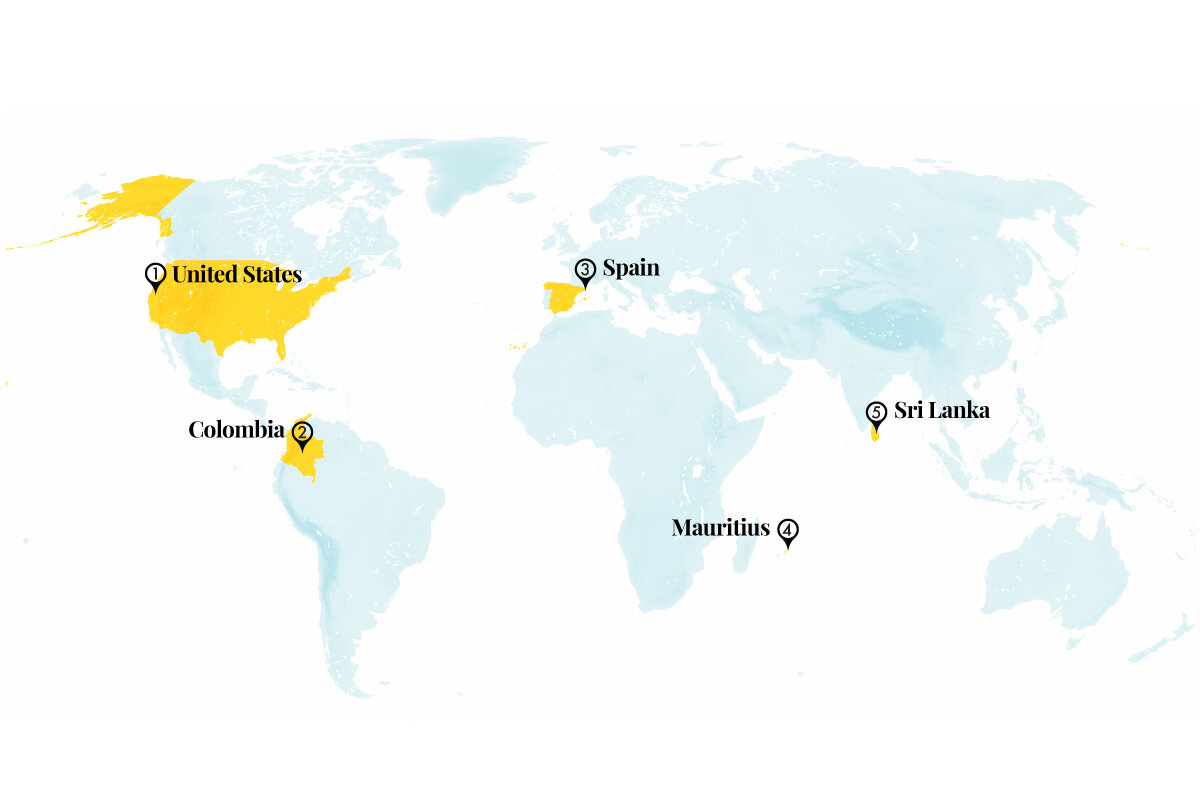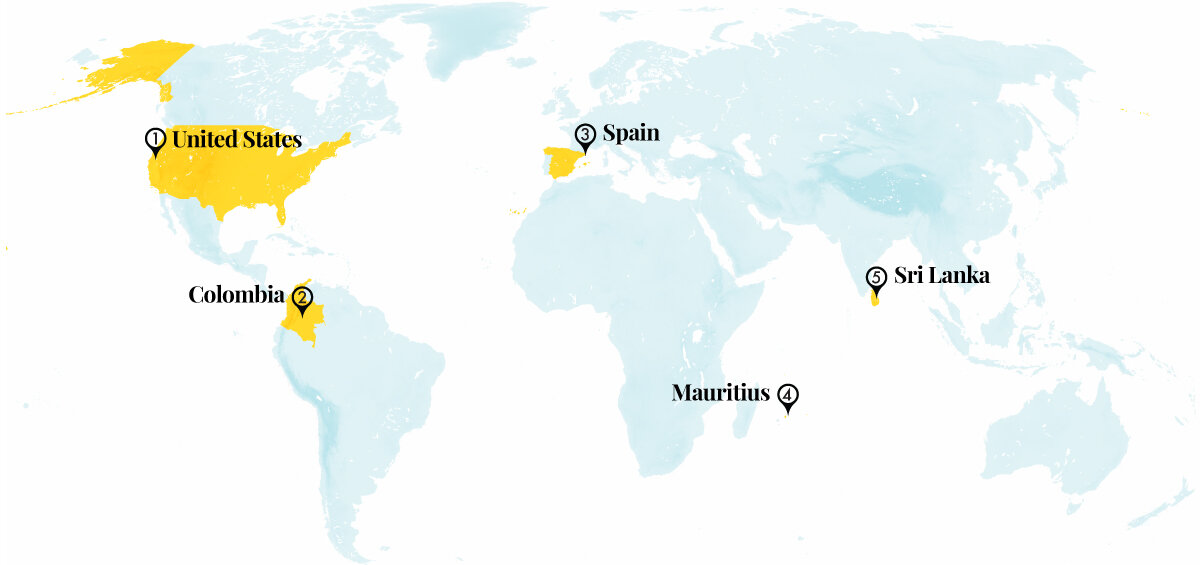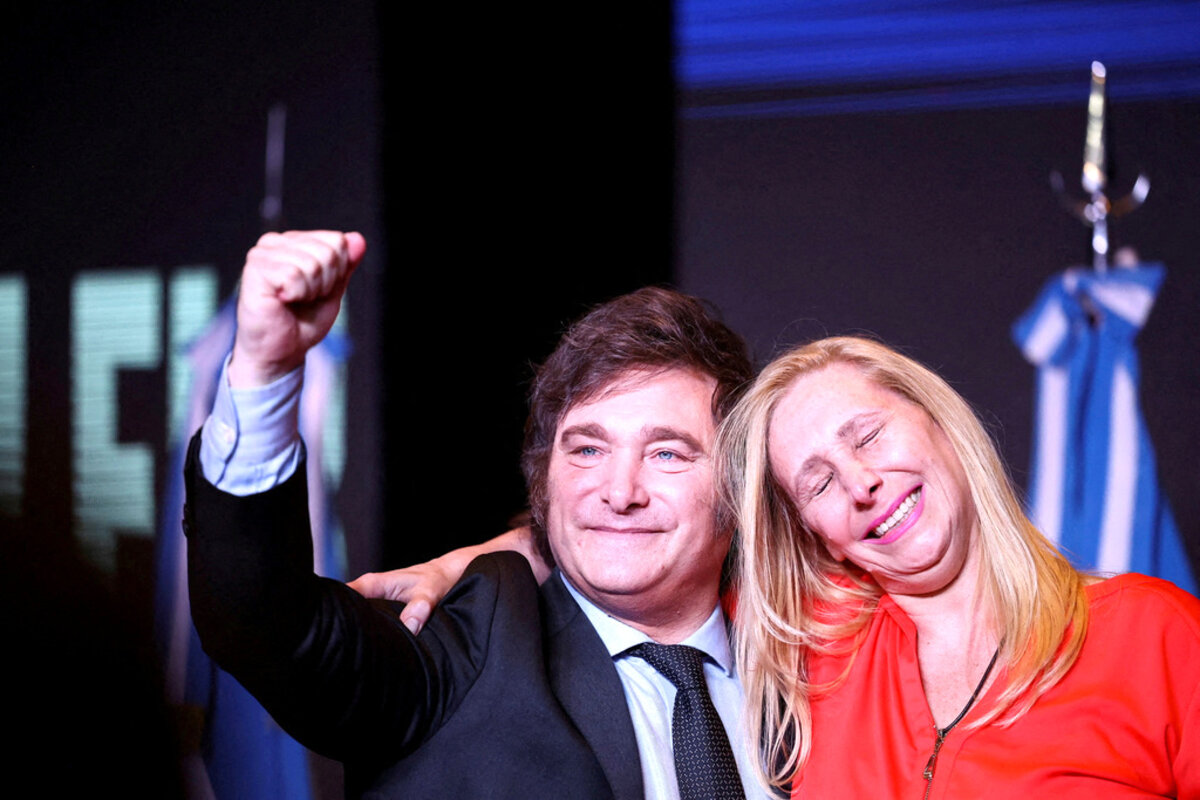We’ve written about the alarming rise of violence in the West Bank. Under cover of the war in Gaza, armed settler groups are intimidating Palestinians on land essential to a future state. Here we take a closer look at how farmers and villagers are struggling to hold on to their lands and livelihoods.
Monitor Daily Podcast
- Follow us:
- Apple Podcasts
- Spotify
- RSS Feed
- Download
 Mark Sappenfield
Mark Sappenfield
After more than 21 months in jail, Fahad Shah, the Monitor’s correspondent in Kashmir, India, has been granted bail. He is expected to be released this week.
Mr. Shah, founder and editor of The Kashmir Walla newspaper, was imprisoned for publishing “anti-national content.” What he and his colleagues at The Kashmir Walla actually did was to report widely and honestly about events in Kashmir, where journalists operate in an increasingly oppressive and hostile atmosphere.
Throughout his imprisonment under India’s Unlawful Activities Prevention Act (UAPA), he was repeatedly granted bail, only to be charged with a new offense and denied release. The challenges for Mr. Shah were considerable: He struggled with health challenges and isolation, and the paper he cherished has closed in the face of profound financial and professional pressure. The major charges under the UAPA have been dropped, but he will have to stand trial for three lesser charges.
The granting of bail is a crucial first step to ensuring that the rule of law prevails. We – and Mr. Shah’s colleagues – extend our great appreciation to the many readers who took a strong interest in his case. We also salute not only Mr. Shah but also the young staff members of The Kashmir Walla, who have stood up for journalistic integrity and commitment to their colleague despite enormous hardship.
We will report the full story of Mr. Shah’s detention and release very soon.




